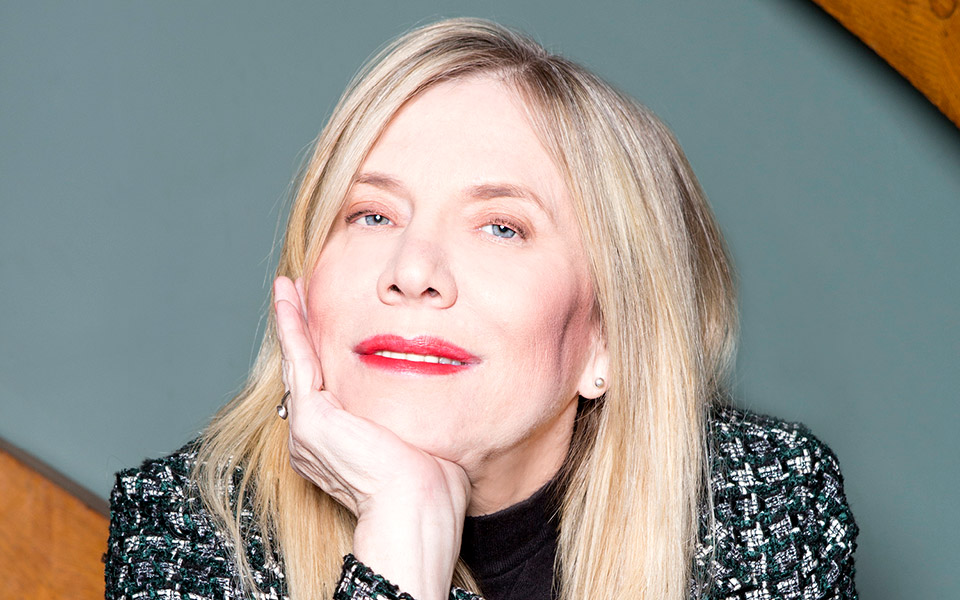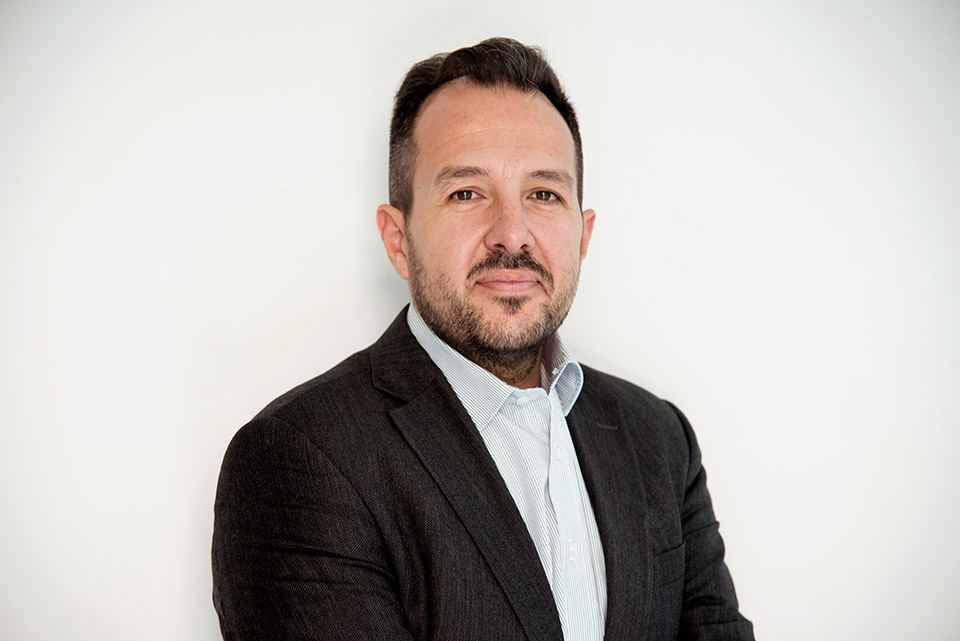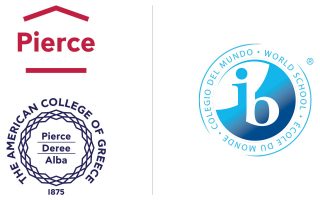In every crisis lies the blueprint of the future – what can we predict now? What will lie ahead: economy of sharing, less partisanship, less hate?

Even in these early stages, there is a real sense of demarcation between life “before” and life “after” the pandemic. In coming months and years, we will experience a vast array of aftereffects, both emotional (e.g., risk tolerance, life priorities) and more tangible (e.g., national stockpiles, workplace configurations).
Some 18 months ago, when I was making predictions for 2019, I mourned the loss of four big pillars of public discourse: civility, compromise, constraint, and conversation. The “End of C,” I called it. Then, at the end of 2019, I introduced my next trends report with these words: “2020 will be all about ways to inject control, calm, and clarity into a world that can seem to be spinning out of control.” Some five months into the year, I think we can agree that “control, calm, and clarity” would be phenomenal but wholly unexpected. It’s amazing how quickly an unanticipated global crisis can upend predictions.
And yet, even as the virus continues to wreak havoc, it is also restoring my faith in the generosity of humankind. If I were to preface my 2020 report now, I would write about an entirely different set of Cs: camaraderie, compassion, and community. I also am hopeful that we will witness a return to civility in our conversations, tempering the combative exchanges so common in the digital age.
I think we will feel more appreciative of each other once we come out on the other side of this crisis. We will remember the healthcare workers, police officers, and other first responders who put their lives on the line every day for the rest of us. The citizens of New York City have famously come together at seven o’clock every evening to express their thanks, and myriad other locations have done the same – perhaps inspired by those musical outbursts and cheers from the balconies of Italy several weeks ago. We certainly are paying more attention to those “essential employees” – grocery store clerks, delivery drivers, warehouse workers, and others – who are putting their own health in jeopardy as they work to keep us stocked up on food and toilet paper. Parents struggling to help their children with their schoolwork no doubt are feeling even more grateful for those professional educators who somehow manage to tame the chaos and inject learning and motivation on a far bigger scale.
A lot of us are on what I like to call QST (Quarantine Standard Time). Thanks to the digital workplace, social media, and globalization, we are connected around the world at all times of day and night. And for the first time in modern history, the world as a whole has been united against a common enemy. I am hopeful that, having experienced these strange and trying days together, we will be able to sustain the current sense of camaraderie and connection – or at least will allow it to color future interactions.
I believe this pandemic also will intensify the trend toward self-sufficiency. For several years, more people have been growing vegetables, raising chickens and other livestock, and making soap, candles, yogurt, and other household essentials. This desire to do more “from scratch” is a macro trend that reflects multiple layers of dissatisfaction with modern life. People are pining to feel more connected to nature and the land. They are envious of what they see as the simpler existence of generations past. They are seeking to control the quality of what they eat and drink by producing it themselves. They want to disconnect from the internet long enough to do something “real.”
Covid-19 is adding urgency to these impulses. Retailers are having difficulty keeping vegetable seeds in stock. Yeast and flour also are hard to come by as more people are baking bread during the shutdown. Nielsen reports that sales of yeast grew 647 percent in the U.S. in the week ended March 21 compared with a year earlier.
Another facet of this trend will be an upswing in DIY repairs and practical skills. People have grown weary of overconsumption and horrified by its impact on the environment, and so they want to be able to repair electronics and other goods rather than discard and replace them. There is also a sense that we no longer know basic things – such as how to fix a bicycle, sew on a button, or do simple carpentry. People don’t want to have to rely on others for such simple needs.
The “buy local” trend has been going strong for years, but this crisis may mark a turning point. It’s one thing when a few storefronts remain empty; quite another when a town’s entire business district is threatened. This crisis has made communities far more aware of the hardships small-business owners and their workers are facing. Virtually everyone knows someone who has lost their job or seen their business go under. And we are finally beginning to appreciate just how vital these individuals are to a community’s well-being.
Recognizing the importance of gender equality more than ever and the role of female leaders in managing this crisis.
Some believe Covid-19 has been managed and balanced better in countries with female leaders. I would not be surprised if that were the case. New Zealand Prime Minister Jacinda Ardern, who, early in the crisis, addressed the nation from her home after putting her daughter to bed, has made a practice of straight talk – and quick action – in tough situations. And German Chancellor Angela Merkel is known for her no-nonsense approach to governance – and it certainly helps in this instance that she’s a scientist. (That is also something that has been reinforced in these times: We must lead with science.)
There is no guarantee that a woman will be a better leader, but there is plenty of evidence that organizations benefit when they reward and incentivize women in leadership roles. At PMI, we take pride in our leadership on gender balance. In 2019, we became the first company to receive global EQUAL-SALARY certification. Creating a gender-balanced organization is a foundational step to creating a workplace that is welcoming of disparate views, experiences, and ideas. It is essential to creating a company in which everyone feels they belong, that their voices are heard, their work is valued, and they receive the support they need to contribute their best work and achieve their full potential.
Note to companies and brands during a crisis: don’t speak up, step up
As we work to mitigate the impact of this pandemic, we don’t have the luxury of being able to wait for companies to put together lengthy assessments of what they should do, when, and what they’ll get in return. We need immediate action that’s far bigger than anything a company would contemplate under less extreme circumstances.
In general, people want to see businesses behave in ways that show they are concerned about protecting their employees/customers/communities from Covid-19 and the economic tsunami it’s generating. We want to know that – to the extent they can – companies are contributing to practical solutions.
Bottom line: We want to know that companies are human and that they care.
Post-pandemic, don’t be surprised if consumers rethink their brand “partnerships” based on their assessments of which companies behaved most responsibly – even nobly – during the pandemic. Brand loyalty only goes so far, and purchase considerations always have taken many factors into account, including price, quality, and convenience. In recent years, the factor that has been bubbling to the top is purpose. That factor will carry even greater weight as the world continues to address the global health threat and other crises.
Leading in a time of pandemic (PMI’s leadership role and other industry examples)
Underlying the call to action for businesses is the simple ethos that people come first. This crisis has allowed companies across industries to step up and show what they are made of – pivoting from their usual practices to produce supplies essential in the fight against Covid-19. Bauer, for example, has switched over from making ice hockey helmets to producing protective face shields. Breweries and distilleries around the world have started producing hand sanitizer – as has Philip Morris International at some of its factories. Kering SA (think: Balenciaga, Saint Laurent) is creating surgical masks. Ford, GM, Fiat, Nissan, and Tesla are among the automakers churning out ventilators, protective face masks, and face shields. And Virgin Orbit is manufacturing bridge ventilators.
Other brands are helping in other ways: UPS is assisting with test kit deliveries and transporting samples to labs. Microsoft created an online map that provides up-to-date information about confirmed Covid-19 cases worldwide. Facebook is offering the premium version of its workplace chat service, Workplace Advanced, for free to emergency services and government organizations for 12 months. Slack is offering free upgrades to paid plans for teams working on coronavirus research, response, or mitigation.
I appreciated what many of these brands brought to my life even prior to the pandemic, but I am seeing them in a new and more flattering light now.
Marian Salzman, Senior Vice President Communications, Philip Morris International (PMI).
Tomorrow will be different; it's up to us to make sure that it will be better
Stavros Drakoularakos, Director of Communications at Papastratos, a subsidiary of Philip Morris International in Greece.
In the midst of great crises, such as the one brought on by the new coronavirus, the word "opportunity" may sound strange. The blows that have been dealt to public health, to the economy and to employment in general are serious and have affected the entire planet. Nevertheless, even while fear and uncertainty prevail everywhere, a window of optimism is open and there's a path forward to a better day. The responsible way in which we as citizens and as a country faced this pandemic can help to show us this path. Greece, a small country hit by a decade-long economic crisis, is nonetheless succeeding to manage an unprecedented situation in an exemplary manner. Acting responsibly, with solidarity and a spirit of cooperation, we have managed to put "us" ahead of "me" and achieved something outstanding, the magnitude of which we may not yet have fully realized.
At Papastratos, we followed our instincts, what our consciences dictated and not what the crisis manuals told us to do. We put the safety of our workers and our customers first and foremost. To date, we've accelerated our digital transformation, putting into operation all the necessary tele-working infrastructure. We didn't leave things to chance. Instead, we did everything possible to safeguard our operations and to retain jobs. And we succeeded. We acted in time, doing what we could in order to become part of the solution.
Papastratos was not, of course, alone in doing so. The Greek state, the business community and the citizens of Greece all moved swiftly and decisively to achieve a common victory, one that illustrates the enormous potential we all have hidden within us. For this reason, it's imperative that we make note of what we've accomplished and that we refer to it frequently. We need to truly make it ours so we can use it to build on for a better future.
Stavros Drakoularakos, Director of Communications at Papastratos, a subsidiary of Philip Morris International in Greece.






